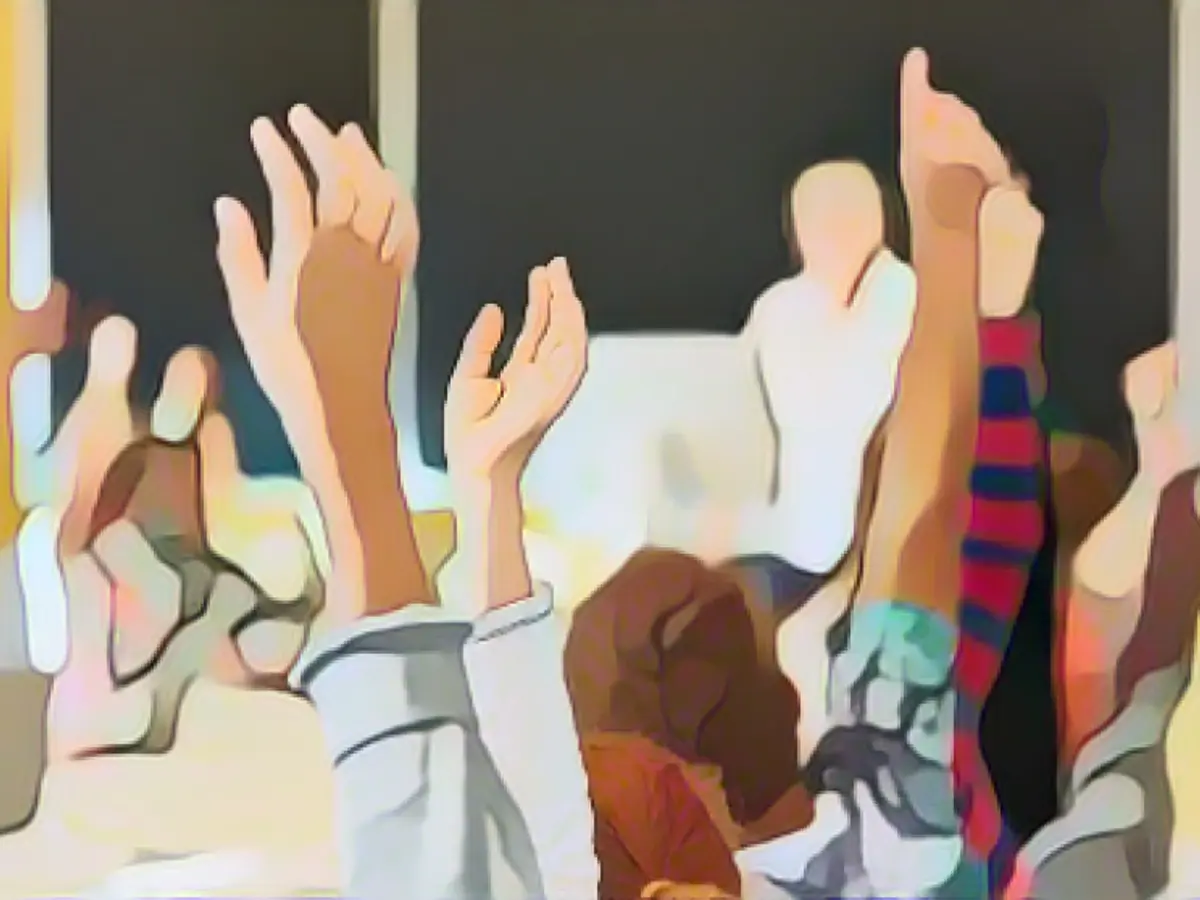The PISA study outcomes? A catastrophe! In math, reading, and science, they're the lowest recorded since 2000, according to PISA expert Francesco Avvisati. Even worse than the results that caused a PISA shock in the early 2000s.
But wait, there's more. The coronavirus pandemic isn't entirely to blame. "Germany's pupil performance has been declining for some time," Avvisati explained. "Corona has merely intensified a trend that began in 2015."
Teachers, we want to hear from you!
How do those tasked with shaping our students' futures view these disappointing PISA results? If you're a teacher and have insights to share, we'd love to hear from you.
Email us at [email protected], including your name and a contact number.
Interested in more?
As an educator, I've acknowledged the downward trend in student performance in math, reading, and science. This issue didn't just start with the pandemic; in fact, the decline was on the rise even before COVID-19.
Source:
Insights:
- Impact of the COVID-19 Pandemic:
- School closures affected nearly 1.6 billion students globally, leading to significant negative effects on student learning, especially for disadvantaged students.
- Remote learning exacerbated technology access disparities and negatively impacted children's development.
- Many studies reported that children from lower socio-economic backgrounds experienced more developmental setbacks due to school closures and remote learning.
- PISA Results:
- The OECD average in PISA dropped significantly from 2018 to 2022, with the U.S. scores also declining but holding a relatively similar standing compared to other OECD countries due to global score drops.
- Germany's worsening PISA scores indicate problems in the education system. The country invests too little in digitization and suffers from slow internet and stagnant productivity growth, which affects competitiveness.
- Teacher Perspectives:
- Remote learning presented significant challenges in maintaining student engagement and focus.
- The long-term decline in performance is attributed to systemic issues in the German economy and global economic dynamics, making it difficult for teachers to address both systemic problems and immediate consequences of the pandemic on student learning.
- Educational Inequality:
- The pandemic worsened existing socio-economic disparities in education, resulting in long-term problems of absolute mobility, restricting opportunities for children from lower socio-economic backgrounds to move up to higher socio-economic classes.
The coronavirus pandemic has made learning more challenging, but it's important to recognize that these issues go beyond COVID-19. Inadequate investment in education, digital infrastructure, and socio-economic disparities have contributed to the decline in student performance in Germany. As teachers, it becomes essential to adapt our teaching methods to cater to these challenges and find ways to improve overall learning outcomes.








